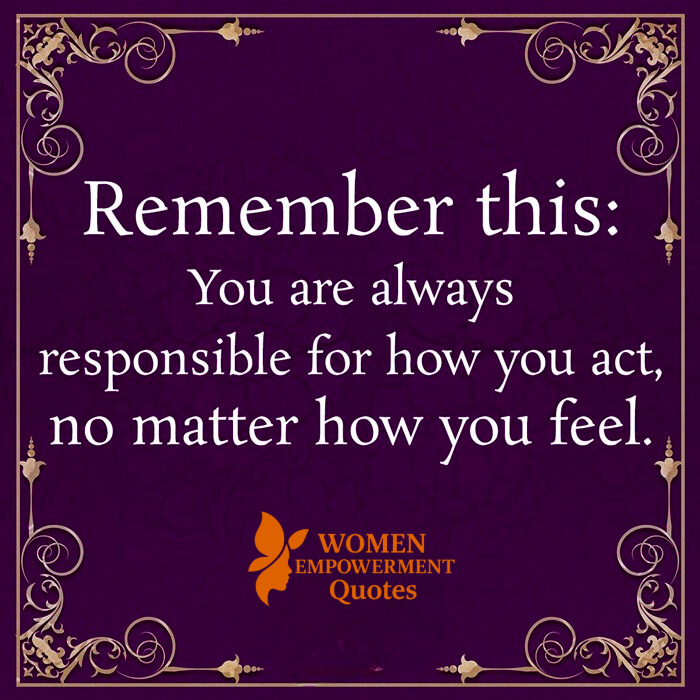
The Power of Emotional Responsibility
Life often stirs a wide range of emotions—joy, anger, sorrow, hope. While we can’t always control the events that provoke these feelings, we can control how we respond to them. This power is what shapes our growth and defines our character.
In moments of stress or disappointment, it’s easy to let emotions take over. We lash out, shut down, or make choices we later regret. But emotional maturity asks something more from us: to pause, reflect, and respond with intention. This is the heart of emotional responsibility.
Being emotionally responsible means acknowledging that our actions come from who we choose to be—not just how we feel in the moment. It’s a practice of stepping back, recognizing our emotions, and making deliberate decisions that reflect our values. This approach not only improves how we handle conflict, but also strengthens our relationships and builds inner peace.
This journey is not easy. It requires daily commitment to self-awareness, compassion, and self-control. We must learn to identify our triggers, regulate our reactions, and communicate with clarity. And in doing so, we reclaim our power—shaping a life guided not by impulse, but by wisdom.
Importantly, emotional responsibility is not about ignoring or suppressing feelings. It’s about honoring them, then choosing a response that aligns with who we want to be. It’s the foundation of integrity, self-respect, and personal freedom.
Emotional Intelligence: Your Inner Compass
Closely tied to emotional responsibility is emotional intelligence—the ability to recognize, understand, and manage both your emotions and the emotions of others. With it, we can navigate life’s challenges with empathy, clarity, and confidence.
Emotional intelligence begins with self-awareness: naming your emotions as they arise. From there, we develop tools like mindfulness and reframing to stay calm and centered, even in difficult moments.
Empathy is another essential part. When we can understand how others feel, we build stronger connections and resolve conflicts more effectively. Emotional intelligence helps us become not just more thoughtful individuals, but also better friends, partners, and leaders.
Building this inner skillset takes time, but the rewards are immense—more peaceful relationships, wiser decisions, and a deeper sense of purpose.
Remember This
You always have a choice. In every emotional moment, you can react—or you can respond. When you choose the latter, you don’t just grow—you inspire growth in others too.